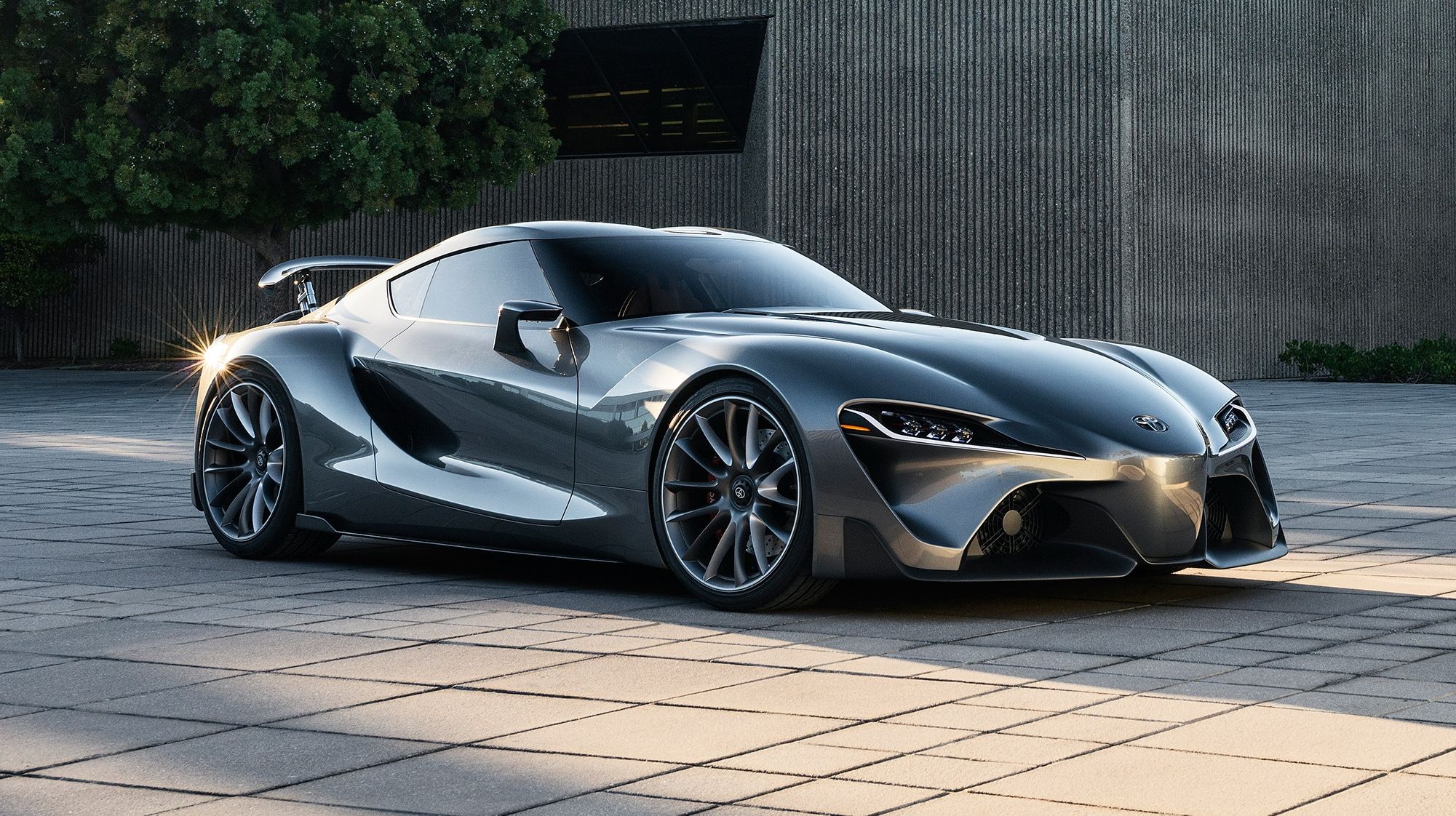The neverending feasability study for the upcoming Toyota/BMW sports car project is far from completion, despite BMW->ke178 announcing that the program has entered the concept phase at the end of 2014. I say this because both Toyota->ke88 and BMW haven't even decided the models' basic features, approximately three years after the joint venture began making headlines.The good news is that progress is being made though, according to a recent report by Autocar.
Toyota's version of the sports car->ke506 will apparently be positioned above the GT86,->ke4085 resurrecting earlier rumors that a Supra successor may result from the joint venture with BMW. On the other hand, a Supra->ke355 successor would need to be much larger than the existing BMW Z4,->ke355. The common platform is expected to be scalable enough that the two cars can be different in both size and market position.
"The one thing we’re clear on now is that a platform for both companies can work,” said Ian Robertson, BMW chief of sales and marketing. "The cars in themselves don’t actually need to be positioned the same. The platform can spawn two positionings. Gone are the days when one platform was one platform. Most of our platforms are scalable these days," he continued. Both models are expected to hit the market sometime in 2017, 15 years after the last Toyota Supra was produced and just in time for the current BMW Z4 to be replaced by a new generation.
Continue reading to learn more about the Toyota/BMW future sports cars.
Why it matters
Set to be powered by a BMW engine combined with one or two electric motors, the BMW/Toyota sports cars are expected to have all-wheel drive and be reasonably powerful, though probably not in the same league as an entry-level supercar. Obviously, the BMW version will be more luxurious and command a higher price, but the Toyota will probably benefit from more hype if it turns out to be a new Supra.
On the other hand, Lexus could potentially benefit from the joint venture as well, although I'm pretty sure that BMW has added a contractual clause that prohibits that. Anything is possible, but on the whole I think Toyota got the better end of the stick. The only mystery left concerns who will be in charge of manufacturing, with BMW suggesting that a single factory could be used for both models. On a related note, Toyota's version may or may not end up looking similar to the well-received FT-1 Concept.

